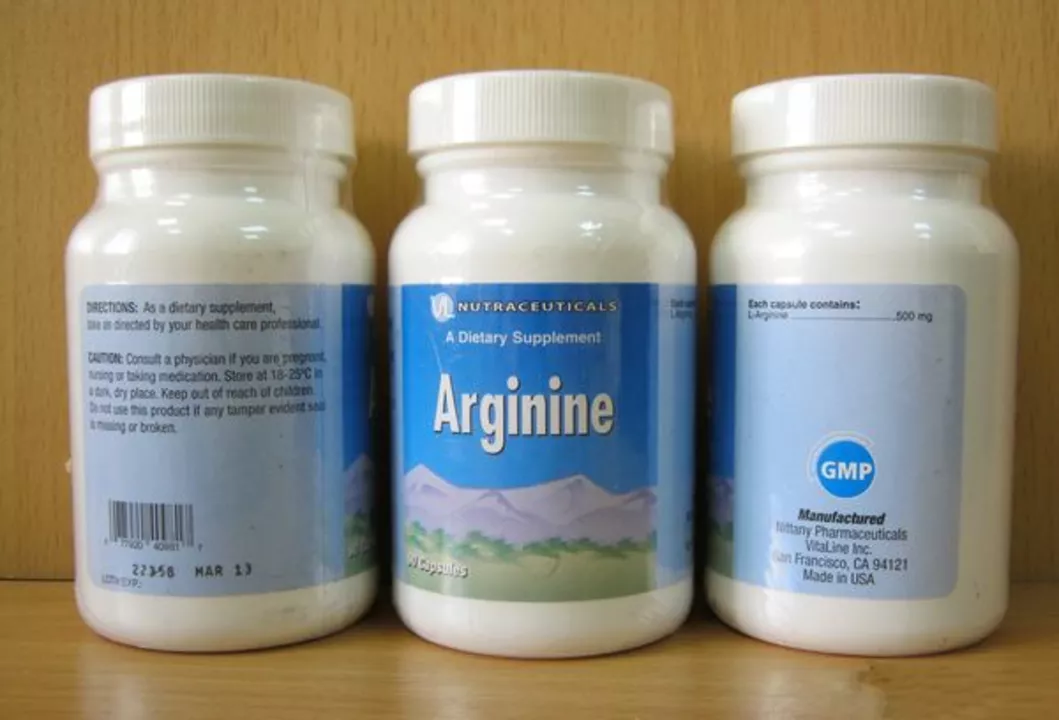L-Arginine — What It Does and Why People Try It
L-arginine is an amino acid your body uses to make nitric oxide, a molecule that relaxes blood vessels and improves blood flow. That simple action is why people try L-arginine for things like exercise recovery, blood pressure, wound healing, and erectile dysfunction. Some uses have solid evidence, others are mixed. Here’s what to know in plain language so you can decide if it’s worth trying.
Benefits & Uses
Improved blood flow is the main claim. For erectile dysfunction, several studies show modest benefit at doses around 5 grams daily — especially when combined with other nutrients. For blood pressure, small drops have been reported, mainly in people with mild hypertension. Athletes use it hoping for better pumps and recovery, though results are inconsistent. L-arginine also helps wound healing and immune response in certain medical settings, but those are usually supervised by doctors.
Food gives you a lot of arginine too. Eat nuts (almonds, peanuts), seeds (pumpkin, sesame), legumes (soybeans, chickpeas), dairy, poultry, and red meat. Supplements can raise levels faster, but whole foods add other nutrients and are safer long term.
Dosage, Side Effects & Practical Tips
Common supplement doses range from 2 to 6 grams per day. For erectile issues, many studies use about 5 g/day. For exercise or general use, people often try 2–3 g/day first, then increase if needed. Start low and split doses (morning and evening) to reduce stomach upset.
Watch for side effects: nausea, diarrhea, and abdominal pain are the most common. Because arginine lowers blood pressure, it can increase the effect of blood pressure medicines and nitrates — don’t mix them without medical advice. If you have a history of heart attack, be cautious: some research found harm when arginine was given right after a heart attack. Also, arginine may trigger cold sores in people with herpes simplex, so avoid it if that’s you.
Drug interactions matter. It can interact with blood thinners, ACE inhibitors, and some diabetes drugs. If you’re pregnant, breastfeeding, or on prescription meds, check with your doctor first.
If you want the nitric-oxide boost but fewer side effects, consider L-citrulline. Your body converts citrulline to arginine more steadily, and some studies show better absorption and fewer gut issues.
Practical checklist: try food sources first, start supplements at low dose, split doses, avoid around surgery, and talk to your healthcare provider if you take heart or blood pressure meds. That keeps things simple and safer while you test whether L-arginine helps you.

